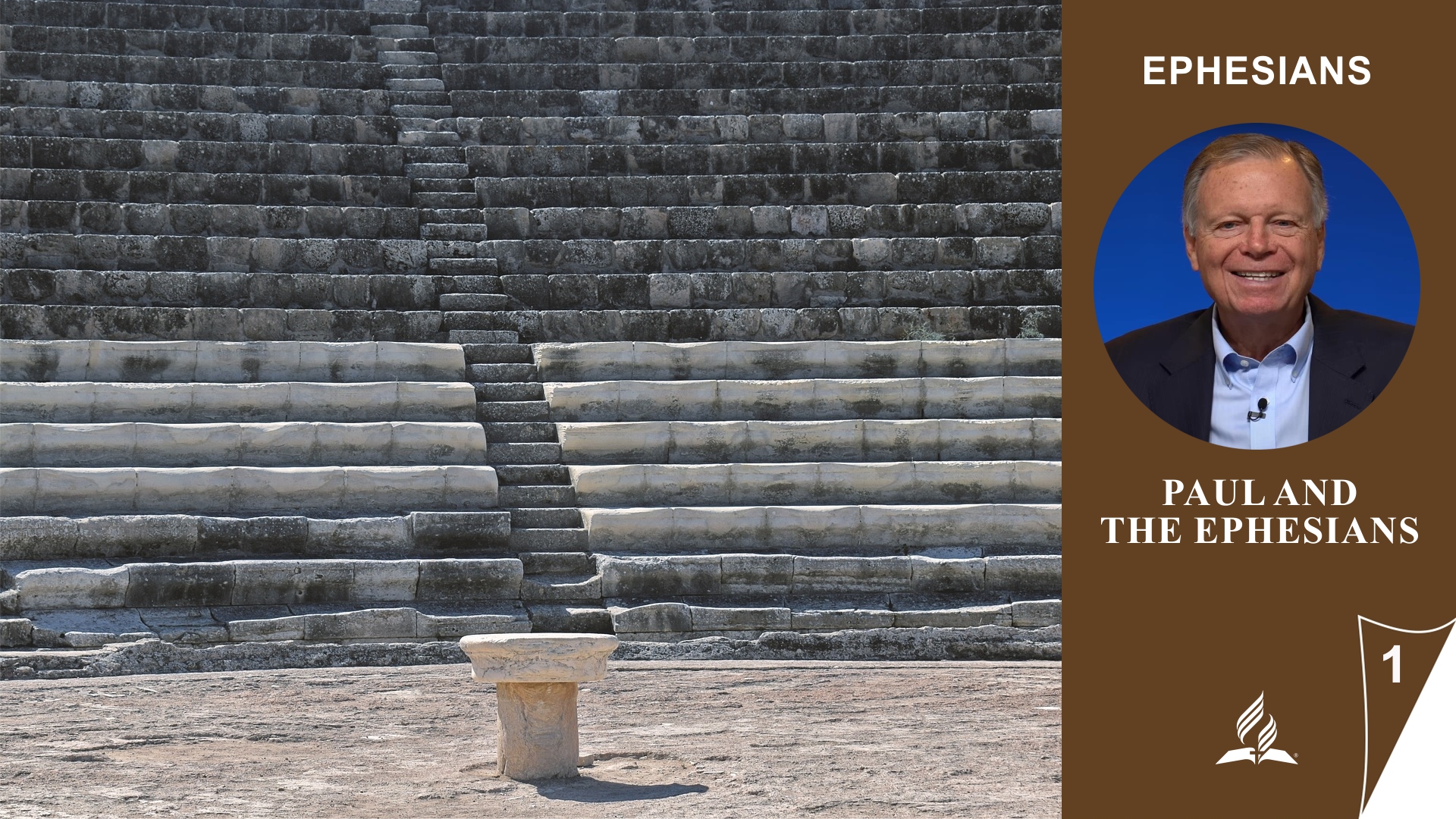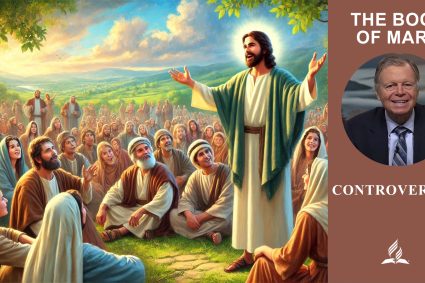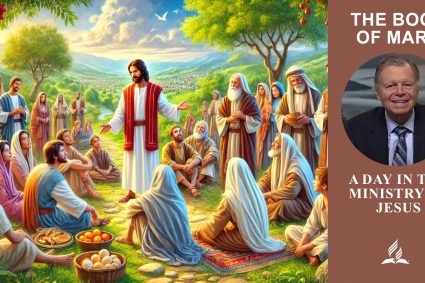
Series EPHESIANS with Pastor Mark Finley |
Lesson 1: Paul and the Ephesians |
Memory Text: Ephesians 1:9 – Making known to us the mystery of his will, according to his purpose, which he set forth in Christ as a plan for the fullness of time, to unite all things in him, things in heaven and things on earth. |
Content:
1.1 Paul, the Evangelist to Ephesus
Paul, the evangelist for Ephesus, showed deep commitment to establishing Christianity in a city influenced by diverse faiths and the worship of the goddess Artemis. His three-year stay in Ephesus during his third missionary journey reflected his strong desire to firmly root the faith in Jesus Christ.
A remarkable event in which seven exorcists attempted to use the name of Jesus led to widespread reverence for Jesus in the city. The result was not only a public burning of expensive magic books but also a significant realization for the believers: the exclusivity and dignity of worshiping Jesus were clearly emphasized and distinguished from any mixing with other practices.
1.2 Riot in the Amphitheater
The account of the riot in the Ephesus amphitheater demonstrates the power of Paul’s testimony, which threatened the city’s economic interests by impacting idol worship and tourism around the Artemis temple. Driven by financial concerns, Demetrius’ actions led to a fierce uproar where Artemis’ followers declared their loyalty, and for safety reasons, Paul withdrew.
In his meeting with the elders of the Ephesian community, Paul shows deep compassion and emphasizes his service characterized by humility, perseverance, and the desire to proclaim the gospel and encourage believers to serve humbly and support each other based on Christ’s teachings and example. His longstanding connection to Ephesus and the letters he wrote illustrate his dedication and the lasting impact of his ministry in this community.
1.3 Hearing the Letter to the Ephesians
The letter to the Ephesians consistently emphasizes unity in Christ as its central theme and the importance of living as a community united in faith. Paul stresses the unity between Jews and Gentiles, faith in Christ, and the impact of this faith on individual life and within the community. Particularly moving is the emphasis on love, mutual respect, and unity, which form the core of the message, calling believers to live as a harmonious unity.
1.4 Ephesians in Its Time
The Letter to the Ephesians demonstrates Paul’s personal engagement and deep desires for the believers in Ephesus, beginning with his self-identification as an apostle and concluding with greetings as a prisoner of Christ. His concern about the effects of his imprisonment on the Ephesian believers becomes evident in Ephesians 3:13, while simultaneously casting a broad, praising view of God’s redemptive work. Written in an elevated, rhetorical style around 62 AD in a Roman prison, the letter contains praise, prayers, and artistic metaphors highlighting the depth and significance of faith in Christ.
1.5 Ephesians: A Christ-Saturated Letter
The Letter to the Ephesians, heralded by Paul’s emphasis on God’s plan to unite everything in Christ, consistently places Christ at the center. From his imprisonment, Paul paints a picture of God’s universal plan, where the church plays a central role by being brought together as a unity in Christ, regardless of ethnic backgrounds. Through metaphorical descriptions such as the body, the temple, the bride, and the army of the church, he illustrates God’s intentions for the community of believers.
Seventh-day Adventists strive, in accordance with God’s plan from Ephesians 1:9-10, to create a diverse, multicultural, and cross-border community that places Christ at the center. Exploring how to collaborate with God’s grand plan leads to appreciating diversity and working towards unity in Christ.
Visited 3 times, 1 visit(s) today






